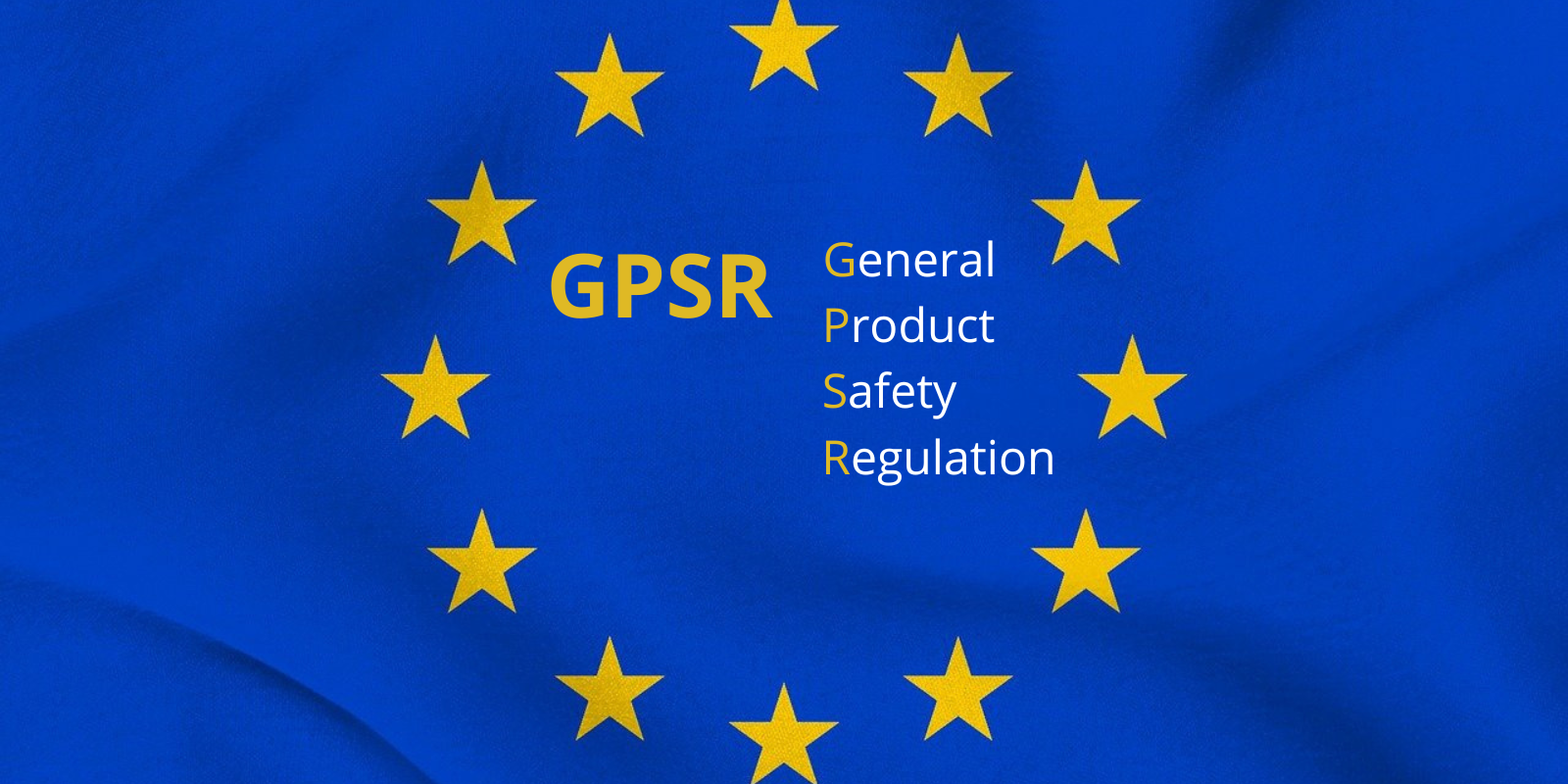06.01.2025 14:51
Since December 13th, 2024, a new General Product Safety Regulation (GPSR) has been in force across the European Union. The Regulation is meant to improve product safety on the market and better protect consumers, as well as ensure a level playing field for businesses. It replaces the previous General Product Safety Directive and responds to the new challenges of globalization, digitalization and modern business models.

What is the GPSR?
The GPSR (General Product Safety Regulation) is a piece of legislation adopted by the European Union. Its main aim is to ensure that products placed on the market are safe for consumers. The regulation applies to all manufacturers, importers, distributors and online retailers who trade on the EU market.
It applies not only to new products, but also to used, repaired, or refurbished products distributed in the EU, even if they are distributed for free. The GPSR does not apply to products that are already covered by special legislation, such as food, medicines, live plants and animals, or antiques.
It also obliges economic operators to keep product documentation on record and provide specific product information (risks, complaints, corrective measures) upon request to authorities for up to 10 years as well as supply chain traceability information for up to 6 years.
Under the new Regulation, economic operators should use the Safety Gate early warning system (formerly RAPEX) (via the Safety Business Gateway) to inform supervising authorities and consumers about dangerous products and accidents related to them.
Key obligations under the GPSR
For manufacturers:
- Safety assessment: Manufacturers must carry out a risk analysis before placing a product on the market, taking into account the potential risks to the health or safety of consumers.
- Technical documentation: Mandatory records including the safety assessment and other information must be kept for at least 10 years.
- Product labelling: Each product must contain clear identification data such as name, brand, manufacturer’s contact details and, where applicable, serial number.
- Safety information: Products must be accompanied by instructions for use and warning information in the language of the country where the product is sold.
- Monitoring and Notification: Manufacturers must monitor products on the market and inform the competent authorities and consumers immediately if a hazard is detected.
For importers:
- Compliance check: Importers must ensure that products meet European standards and have the necessary documentation.
- Traceability: Importers must ensure the traceability of products and their supply chain.
- Labelling and documentation: Contact details of the importer, who is also responsible for keeping the product documentation for a minimum of 10 years, must appear on the packaging.
For distributors:
- Pre-distribution inspection: Distributors are responsible for ensuring that products are correctly labelled and meet safety requirements.
- Notification of hazards and cooperation on recalls of hazardous products: if a distributor identifies a potential hazard, it must inform the manufacturer or importer and cooperate in the recall and in informing consumers.
For e-shop operators:
- Transparency: Online retailers must provide information about the manufacturer, its contact details, and safety instructions on their platforms.
- Monitoring and Removal: Online retailers have an obligation to actively monitor product offerings and remove risky products from sale.
- Registration on the Safety Gate portal and random product safety checks using this and other public databases are mandatory.
Penalties for violations of the Regulation
Fines of up to 4% of a company’s annual turnover on the EU market are imposed for non-compliance. In the Czech Republic, the applicability of the Regulation is ensured by the new Act No. 387/2024 Coll., on general product safety and on amendments to certain related acts, which stipulates a maximum fine of up to CZK 50 million for certain related offences. However, the Czech supervisory authorities have not yet set an exact date to start actively monitoring the GPSR.
How to prepare?
Businesses placing products on the EU market should audit their products, processes and documentation as soon as possible. They should pay increased attention to:
- Product safety assessments,
- Correct labelling of products in the language of the country concerned and in accordance with the GPSR, and
- Implementation of product tracking and risk communication systems.
The GPSR represents a significant step towards greater consumer protection and modernization of the rules for trade in the European market. Although it brings increased costs and administration, it aims for a fairer market and a safer environment for consumers.
If you are unsure whether your business is meeting all the requirements of the GPSR, our law firm will be happy to help you ensure compliance with the new rules.